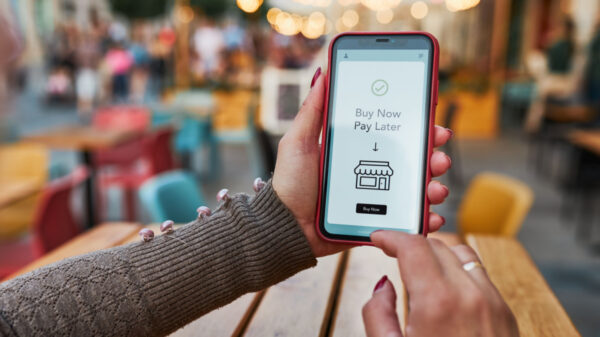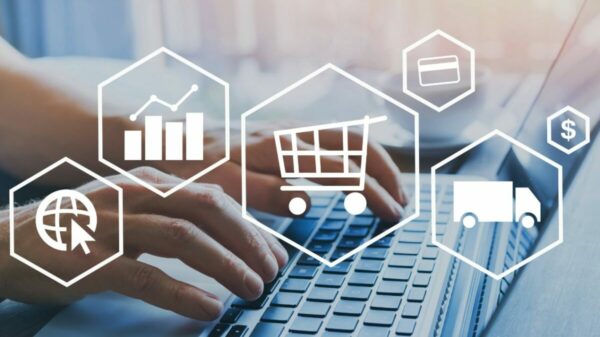Online purchasing is quickly becoming as important as traditional brick-and-mortar shopping in Dubai and the wider UAE. In fact, the UAE’s e-commerce market grew by 46 per cent in 2021.
The onslaught of consumer demand brought by the Covid-19 induced pandemic has also meant that the country’s logistical services are also evolving.
Companies are now constantly pursuing the ultimate in convenient and hassle-free shopping experiences, and retailers are confronted with an ever-growing package of consumer demands, ranging from functionally optimised search to multiple payment options and quick checkouts.
Because logistics are an important part of the e-commerce experience, businesses are looking at three main trends to enhance delivery options for consumers.
Faster delivery
Thanks to spending and buying habits that were inculcated during the pandemic, consumers are now expecting faster deliveries.
Until recently, many consumers accepted that a package might take days, or even weeks, to arrive. Post-pandemic, consumer demand for faster and more convenient delivery options has skyrocketed.
Next-day delivery is becoming the norm, even if consumers must pay a premium for the service. Quick commerce, which promises delivery times within an hour, is currently entering the market with faster-than-ever delivery services.
As such, UAE-based Noon is providing a ‘VIP’ service, where customers pay via a specific bank card and access premium options like next-day deliveries. Noon’s grocery platform also allows for the same.
Similarly, Amazon’s ‘prime’ feature allows for next-day deliveries.
However, some smaller e-commerce businesses promise to provide same-day delivery. Some such as Sanddollar deliver beachwear to consumers in the UAE the same day they order.
On Beachcity, consumers get receive their orders within four hours of purchasing.
Quick food and beverage commerce is big business in Dubai and the wider Mena region. According to some experts, it now accounts for 15 per cent of the digital economy.
With major players like Talabat and Deliveroo able to deliver groceries in as little as 20 minutes, it’s becoming the go-to option for convenient last-minute purchases like forgotten ingredients or food and drink for impromptu social gatherings.
In fact, Talabat recently reported that its non-food sales had grown by 70 per cent last year.
This means that customers expect expedited delivery of everyday groceries in addition to freshly prepared meals.
Deliveries from small businesses
Another repercussion of the pandemic is that an increasing number of local businesses now provide delivery services. While they may not always have everything in stock, orders are only a few minutes away by foot or bike.
These outlets, which serve the immediate local community, have the opportunity to develop a more personal relationship with customers and provide a more bespoke service.
One obvious direction for local convenience stores is to combine their offerings with digital technology to provide customers with relevant services. When it comes to fast commerce, partnering with local stores may be the quickest way to even faster delivery times.
Third-party, last-mile delivery services are already heavily reliant on quick commerce, so collaborating with corner stores makes sense.
This business model would also provide a more sustainable solution by encouraging shorter, more environmentally friendly bike or foot delivery services.
The future of e-commerce delivery
Over the next few years, the average annual growth rate for e-commerce in the UAE is expected to be around 10 per cent.
Meanwhile, the country’s digital economy set to grow to more than $140 billion by 2031.
This is good news for business owners looking to enter the Dubai and Gulf region delivery markets, given that Internet penetration in the UAE is expected to reach 99 percent by 2022. There are nearly 10 million Internet users in this potential e-commerce market.
Despite the fact that physical retail has always been strong in the UAE, e-commerce can supplement the physical offering with digital services that improve the entire customer experience, including new and innovative last-mile delivery models.
Retail in all its forms offers opportunities for tech-savvy entrepreneurs with an eye on providing top-notch delivery solutions, from physical stores looking to complement their business with online services to online retailers looking for new models that improve their last-mile delivery experience.














